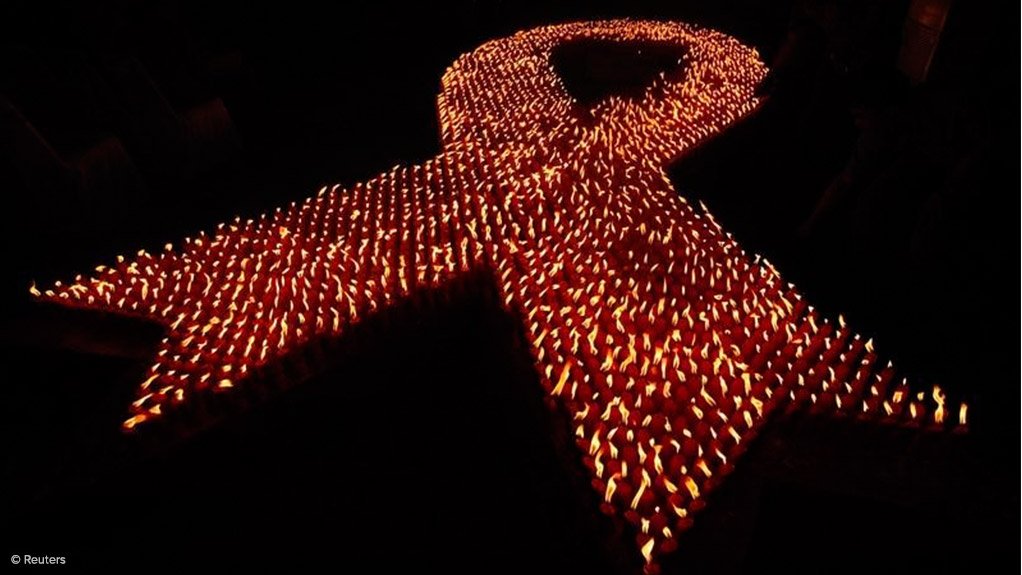Global leaders have pledged to end new Aids infections by 2030, but a recent report by the United Nations Programme on HIV/AIDS (UNAIDS) says inequalities and harmful gender norms are standing in the way.
The 'Dangerous Inequalities' report released in commemoration of Aids Day, which is observed worldwide on 1 December, says infection rates in young women aged between 15 and 24 were worrying.
"The world will not be able to defeat Aids while reinforcing patriarchy. We need to address the intersecting inequalities women face. In areas of high HIV burden, women subjected to intimate partner violence face up to a 50% higher chance of acquiring HIV," said UNAIDS executive director Winnie Byanyima.
"Across 33 countries from 2015 and 2021, only 41% of married women aged 15 to 24 could make their own decisions on sexual health. The only effective route map to ending Aids, achieving the sustainable development goals and ensuring health, rights and shared prosperity, is a feminist route map. Women's rights organisations and movements are already on the frontlines doing this bold work. Leaders need to support them and learn from them," she said.
In South Africa, at least 8.5-million people are living with HIV, the biggest HIV epidemic in the world. There are 5.2-million people on HIV treatment.
According to the report, the worst effect of gender inequalities on women's HIV risks is especially pronounced in sub-Saharan Africa, where women accounted for 63% of new HIV infections in 2021.
Women aged 15 to 24 years are also three times more likely to acquire HIV than adolescent boys and young men of the same age group in sub-Saharan Africa.
The report also shows that gender norms were standing in the way of men getting treatment or knowing their HIV status. It found that 80% of women living with HIV were accessing treatment in 2021, but only 70% of men were on treatment.
"Increasing gender-transformative programming in many parts of the world is key to halting the pandemic. Advancing gender equality will benefit everyone," Byanyima said.
"We know what to do to end inequalities: ensure that all of our girls are in school, safe and strong. Tackle gender-based violence. Support women's organisations. Promote healthy masculinities – to take the place of the harmful behaviours which exacerbate risks for everyone. Ensure services for children living with HIV reach them and meet their needs, closing the treatment gap so that we end Aids in children for good.
"Decriminalise people in same-sex relationships, sex workers, and people who use drugs, and invest in community-led services that enable their inclusion – this will help break down barriers to services and care for millions of people," she concluded.
EMAIL THIS ARTICLE SAVE THIS ARTICLE
To subscribe email subscriptions@creamermedia.co.za or click here
To advertise email advertising@creamermedia.co.za or click here











